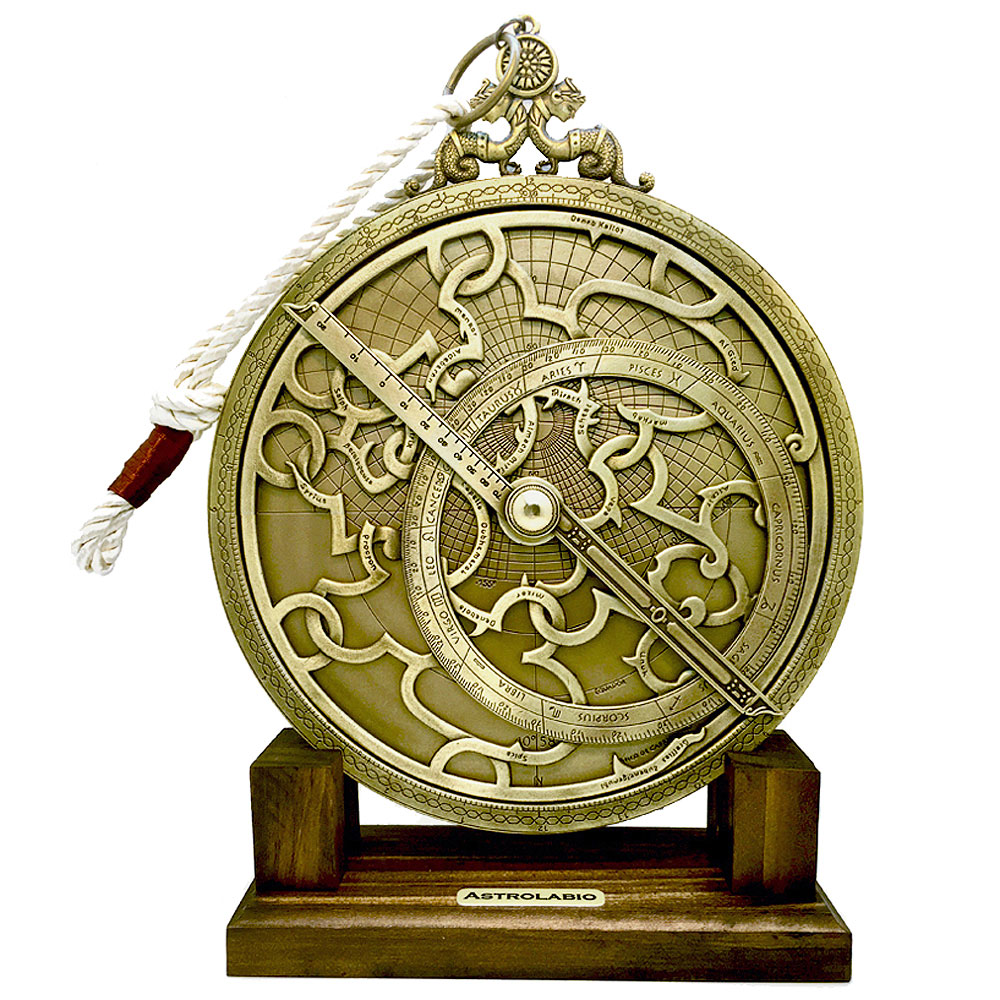- Enseignant: djamel djabou

This course includes the fundamentals of university mathematics such as set theory and related topics, vector spaces and the computations rules in the complex number system notably the treatment of quadratic equations with complex coefficients.
Ce cours contient les elements fondamentaux des mathématiques de cycle universitaire, à savoir la théories des ensembles, relations et applications, la notion d'espace vectoriel ainsi que les règle de calcul dans le système des nombres complexes notamment la résolutions des équations quadratiques à coefficients complexes.
- Enseignant: mohamedcharif bounaya

- Enseignant: amiraachouak oulha

The module aims to homogenise the students level during the first year. The new notions will be introduced gradually in order to prepare the students to advanced mathematics which are necessary in their future studies.
Cette première matière de mathématiques est consacrée à l’homogénéisation du niveau des étudiants en première année universitaire. Les nouvelles notions seront enseignées de manière progressive afin de conduire les étudiants vers des mathématiques plus avancées qui leurs sont nécessaires dans leurs études de spécialité.
- Enseignant: mohamedcharif bounaya

- Enseignant: amiraachouak oulha
- Enseignant: asma bouarissa
Le cours de structure de la matière est composé par plusieurs chapitre qui traitent les notions fondamentales , constitution de l'atome, radioactivité, description des modèles atomiques, tableau périodique et étude de la liaison chimique et la géométrie des molécules.
- Dr.S.Boufassa: samia boufassa

This computer science course covers the fundamentals of hardware and software, focusing on the structure and functioning of computer systems. It includes an introduction to numbering systems and algorithms, along with programming in the C language. Students will develop practical skills in problem-solving and coding.
- Enseignant: khadidja boudraa
- Enseignant: djamel djabou
Objectifs de l’enseignement:
Ce cours a pour objectif principal de faciliter l’immersion d’un individu ans la vie étudiante et sa transition en adulte responsable. Il permet de développer la sensibilisation des étudiants aux principes éthiques. Les initier aux règles qui régissent la vie à l’université (leurs droits et obligations vis-àvis de la communauté universitaire) et dans le monde du travail, de sensibiliser au respect et à la valorisation de la propriété intellectuelle et leur expliquer les risques des maux moraux telle que la corruption et à la manière de les combattre.
Connaissances préalables recommandées: Aucune
- Enseignant: djamel djabou
- Enseignant: djamel djabou

- Enseignant: rafik zouache
- Enseignant: ahlam belfar
La métrologie, science de la mesure, joue un rôle crucial dans notre société, de l'échelle microscopique des atomes à l'échelle macroscopique de l'univers. Elle sous-tend l'innovation, la qualité, la sécurité et le commerce international en fournissant un langage commun pour quantifier et qualifier les phénomènes physiques. Des transactions commerciales quotidiennes aux avancées scientifiques les plus pointues, la fiabilité des mesures est essentielle pour assurer la confiance et la transparence. Ce document propose un aperçu des généralités sur la métrologie, en abordant ses objectifs spécifiques et son importance dans divers domaines.
- Enseignant: oualid dairi
This course delves into key concepts such as kinematics, dynamics, work, energy, and conservation laws.
We begin by examining kinematics, the branch of mechanics concerned with the description of motion. Through the analysis of position, velocity, and acceleration, we gain insight into how material points move through space and time. Dynamics, on the other hand, focuses on the forces that cause these motions. Newton's laws of motion serve as the backbone of this study, providing a framework to understand the relationship between force, mass, and acceleration.
A central theme in this subject is the concept of work and energy. We explore how work, defined as the transfer of energy via force over a distance, can change a material point's kinetic and potential energy. The work-energy theorem connects these concepts, revealing how forces affect the motion and energy states of objects. This leads to the examination of kinetic energy, associated with motion, and potential energy, linked to an object's position within force fields.
One of the most powerful principles we investigate is the conservation of mechanical energy. In scenarios where only conservative forces are at play, the total mechanical energy of a system remains constant, simplifying complex problems and enabling predictions about the behavior of material points in gravitational fields, spring systems, and other contexts.
Throughout this subject, students develop problem-solving skills and gain a deep understanding of the laws governing the motion of material points. This knowledge forms the basis for more advanced studies in mechanics, as well as applications in fields such as engineering, physics, and astronomy. Ultimately, the mechanics of a material point serves as a cornerstone for comprehending the intricacies of the physical universe.
- Enseignant: Nadjima Benkara Mohammed
- Enseignant: ammar benamrani
- Enseignant: loubna salik
Dans la première étape, présenter à l'étudiant tous les secteurs couverts par le domaine des sciences et technologies et, dans la deuxième étape, un éventail de carrières auxquelles ces secteurs mènent.
- Enseignant: mokhtar djendel
- Enseignant: brahim deffaf
- Enseignant: naima mana
- Enseignant: samir benaniba
CHIMIE I
- Enseignant: samia boufassa
Ce polycopié a été rédigé à l’usage exclusif des étudiant-e-s en 1ère Année Sciences et Techniques Université de Mohamed El Bachir El Ibrahimi Bordj Bou Arreridj. Il résulte d’une compilation structurée de plusieurs sources : polycopiés préexistants à l’Université de BBA, à Wikipédia et autres contributions disponibles librement sur Internet.
- Enseignant: mokhtar djendel
